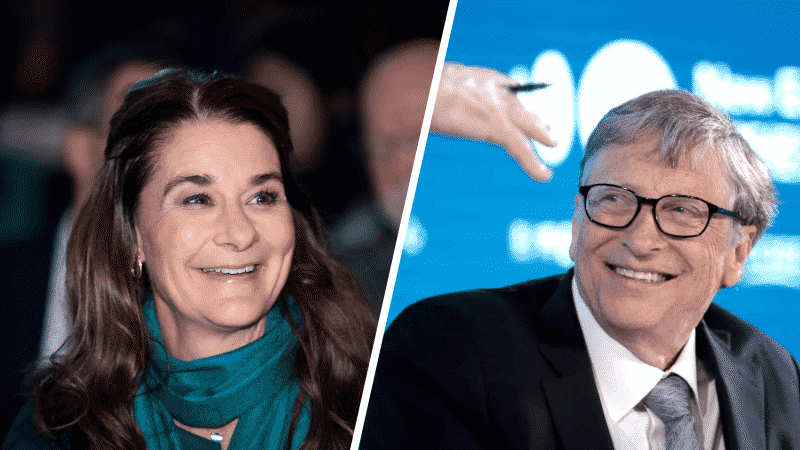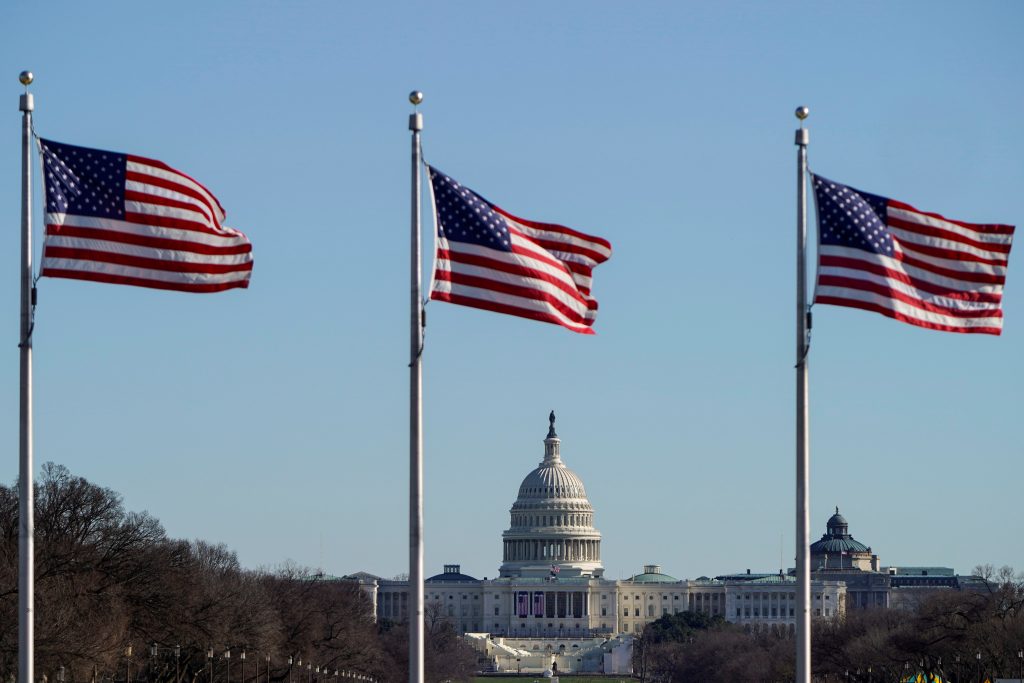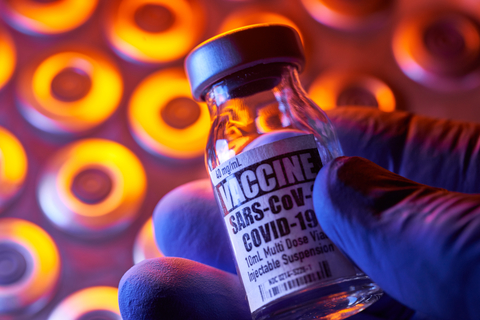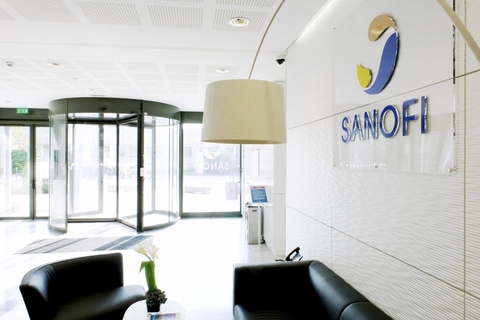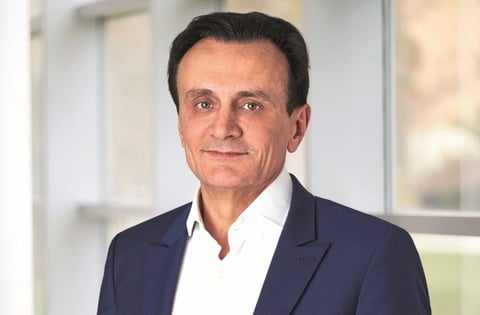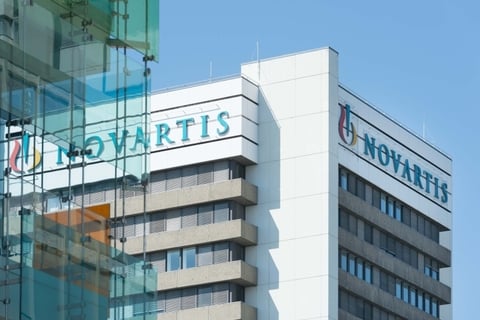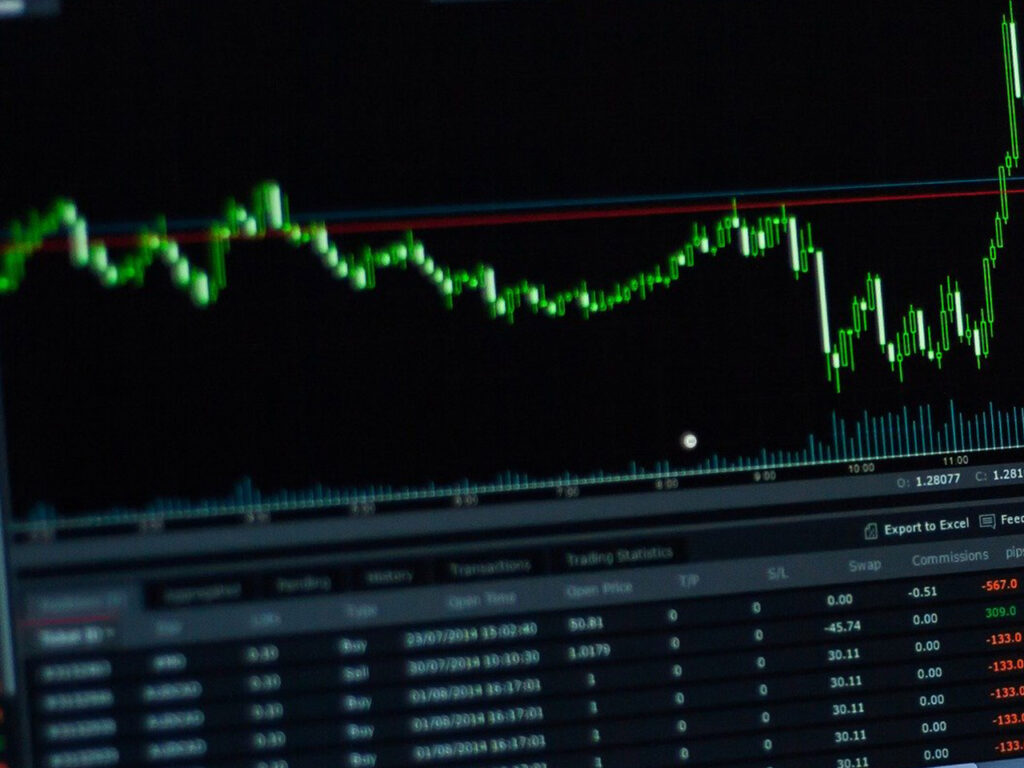Canada Seeking Exemptions From Biden’s ‘Buy American’ Provisions
Canada will seek exemptions to a U.S. effort to ensure federal agencies buy American-produced goods, Prime Minister Justin Trudeau said on Tuesday, as business groups expressed concern about the potential impact.
U.S. President Joe Biden vowed on Monday to leverage Washington’s purchasing power to strengthen domestic manufacturing by clamping down on foreign suppliers. That could hurt Canada, given how tightly the two nations’ economies are integrated.
Asked whether he would seek exemptions to the “Buy American” program when it is unveiled, Trudeau told reporters: “We will continue to be effective in advocating for Canada’s interests with this new administration.”
Canadian officials are already engaging U.S. counterparts, a government source said, to “discuss the importance of two-way trade to both the U.S. and Canada, and the nature of our shared supply chains.”
Many American companies have Canadian suppliers that risk losing business depending on how tightly the new rules are applied. Under a similar program launched by former President Barack Obama following the 2008 financial crisis, Canada won some waivers after many months of talks.
Canadian Foreign Minister Marc Garneau spoke to U.S. Secretary of State Antony Blinken by telephone on Tuesday, according to a statement from Ottawa.
“Minister Garneau emphasized the importance of cooperation in areas like the management of the border, vaccines, the movement of critical PPE and personnel, and uninterrupted supply chains so we generate economic growth and create jobs on both sides of the border,” the statement said.
“We are obviously concerned this could impact Canadian companies that work in the United States,” said Dennis Darby, chief executive officer of Canadian Manufacturers and Exporters.
“Canada can’t let down its push to make sure we get those waivers,” he said by phone.
Trudeau noted he had often successfully lobbied former President Donald Trump’s “unpredictable and protectionist” administration. With Biden, there is more common ground, he said, even though the new president on his first day in office last week canceled the Keystone XL oil pipeline project backed by Canada.
“President Biden has a lot of similar priorities to this government, to Canadians,” Trudeau said.
(Reporting by Steve Scherer and David Ljunggren; Editing by Peter Cooney)

